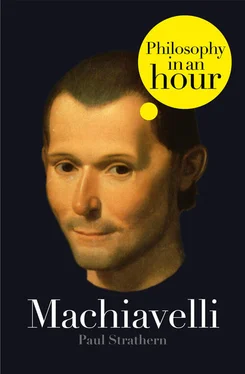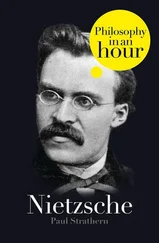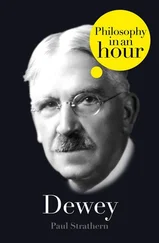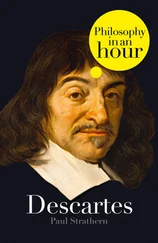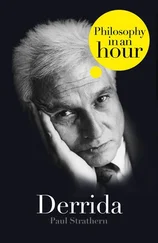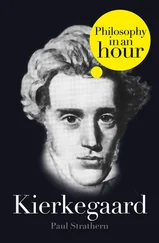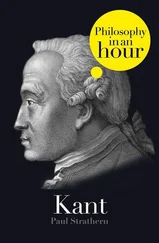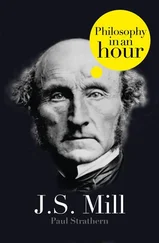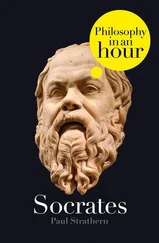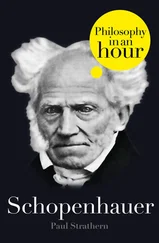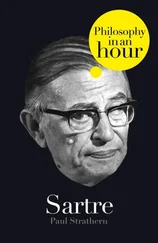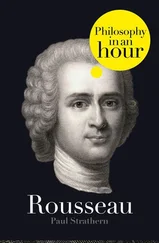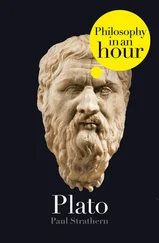This curious mixture of Christian theology, classical thought, embryonic scientific attitude, and medieval magic was typical of contemporary thinking. The Renaissance marks the definitive break between the Middle Ages and the Age of Reason. It straddles both eras, and many of the finest minds of this period contained elements of both ages. Shakespeare’s world, for instance, is intoxicated with a heady brew of humanistic individualism and medieval superstition. (Not for nothing did classical French taste regard him as a barbarian until well into the nineteenth century.) Likewise, the new science of chemistry relied for its methodology upon the techniques of alchemy.
Machiavelli was to be something of an exception here. Possibly owing to his self-education, he retained a mind of his own. His writings were to be largely (and scandalously) free of illusion or superstition, though his letters reveal that he did subscribe, perhaps semi-ironically, to the usual nonsense of astrology and current Florentine superstitions.
The apotheosis of Renaissance Florence was achieved under Lorenzo the Magnificent, who reigned from 1478 until the year Columbus reached America. Lorenzo the Magnificent was the grandson of Cosimo de’ Medici, by then know as pater patriae (father of the country). Lorenzo undoubtedly lived up to his appendage. Statesman, patron of the arts, and poet, his achievement in any one of these spheres would have ensured him a place in Italian history. The citizens of Florence appreciated the greatness he was bringing to their city, and he in turn encouraged a resplendent, carefree atmosphere with regular carnivals, spectacular processions, and tournaments. The perceptive Guicciardini described Lorenzo as ‘a benevolent tyrant in a constitutional republic’.
Yet beneath the surface glitter Florentine society retained its darker side: bitter scheming and a testosterone-fueled social volatility. The peacock costumes of silk hose and velveteen doublets were worn with daggers and swords. These may have been for show (as Freud would have recognised), but they were not merely ornamental. Eruptions of sudden and deadly violence were all too frequent.
Machiavelli himself would certainly have witnessed the worst of these: the so-called Pazzi Conspiracy. This occurred in 1478, just after the Pazzi family had managed to take over as papal bankers. (Lorenzo was as magnificent a spender as his grandfather had been a saver: even his most loyal supporters recognised that he was temperamentally not cut out to be a bank manager.) Having taken over the main money supply, the Pazzi were now determined to take over Florence as well.
The Pazzi family hatched a plot to assassinate Lorenzo and his younger brother Giuliano during Easter Mass, while their confederate, the archbishop of Pisa, was to occupy the Palazzo Vecchio, the seat of the elected council and the gonfalonier (the official elected ruler of the city). Members of the Medici and Pazzi families headed the Easter procession, mingling casually arm in arm as they entered the cathedral. On the given signal (the elevation of the Host by the priest), the Pazzis abruptly unsheathed their daggers. Giuliano was stabbed to death before the altar, one of his assassins attacking him in such a frenzy that he plunged his knife into his own leg and was unable to take further part in the proceedings. At the same time Lorenzo frantically defended himself with his sword while his companion Politian came to his aid. The intervention of his poet-friend saved Lorenzo’s life, and he managed to escape into the sacristy with only a slice-wound to the neck.
Meanwhile, less than a quarter of a mile away in the Palazzo Vecchio the other part of the plot was unfolding. The archbishop of Pisa, dressed in full episcopal regalia, set off upstairs to the council chamber, followed unobtrusively by the other Pazzi conspirators. He encountered the gonfalonier, who immediately became suspicious and called the guards. The archbishop was seized and questioned. As soon as the gonfalonier discovered what was happening, he peremptorily ordered the archbishop to be hung. The cleric was bound and flung out the window in full episcopal regalia with a rope around his neck. A moment later his leading Pazzi confederate was flung out after him, also with a rope around his neck. The jeering crowd below watched as the two bound men dangled from the overhanging window, desperately biting into each other in the attempt to save themselves. In the distance could be heard a baying chorus from outside the cathedral, as the crowd tore the remaining conspirators apart limb from limb.
The effect of such a scene on the young Machiavelli can only be imagined. He had witnessed history, an event that would never be forgotten. It was quick, decisive, and horrific. And victory went to the one who had acted quickest, most decisively, and most horrifically. (Do unto others as they would do unto you – but do it first, and do it conclusively.) Such was Machiavelli’s formative political education.
But even the Florentines were eventually to tire of such sensational public entertainments. The popularity of the Medici waned, and external events inflicted serious defeats. In 1494, just two years after the death of Lorenzo the Magnificent, the Medici lost control and were forced to flee the city. This event was precipitated by the entry of the French king Charles VIII and his victorious troops into Florence, an unheard-of event. Although the occupation of Florence by Charles VIII proved largely symbolic, and ended in a few days, it marked a new phase in Florentine politics. Wars had become serious: the city was in danger of losing its independence to a foreign power. Standing among the silent crowds as Charles VIII rode in triumph through the streets, his lance held high, Machiavelli felt deeply shamed to see his city so humiliated. He felt shame as a Florentine and shame as an Italian. Here was yet another formative political lesson taking place before his eyes. (Only a united Italy could repel the might of the French.)
With the Medici gone, Florence now fell under the influence of the firebrand priest Savonarola, who railed against the corruption of the papacy (a rich source indeed for sermons on the frailties of the flesh). The Ayatollah Khomeini of his day, Savonarola introduced a regime of hellfire sermons and hell-on-earth abstinence. The joyous days of festivals and spectacular assassination attempts were over. Savonarola instituted ‘the bonfire of the vanities’. Citizens surrendered their fine artworks and fine attire to the blazing pyre (though they prudently withheld their finest artworks and finest attire for another day).
Конец ознакомительного фрагмента.
Текст предоставлен ООО «ЛитРес».
Прочитайте эту книгу целиком, купив полную легальную версию на ЛитРес.
Безопасно оплатить книгу можно банковской картой Visa, MasterCard, Maestro, со счета мобильного телефона, с платежного терминала, в салоне МТС или Связной, через PayPal, WebMoney, Яндекс.Деньги, QIWI Кошелек, бонусными картами или другим удобным Вам способом.
